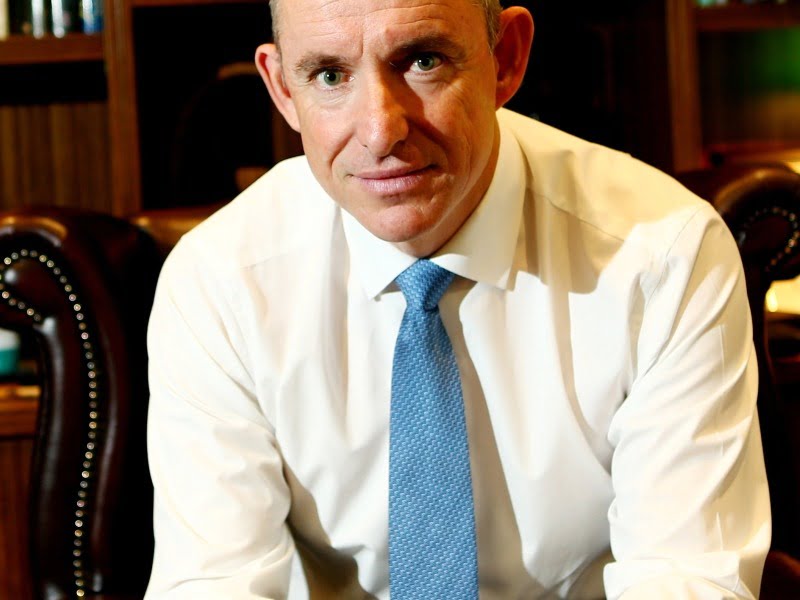The minister responsible for government technology has declined to provide almost any detail on lucrative contracts awarded by his Digital Transformation Agency to global consultancies McKinsey and Boston Consulting Group, despite contract value jumping and increasing concerns about the opacity and quality of outsourced advice.
The work, now costing more than $2 million but with no minimum hours required, will provide the government with “research papers and analysis” for government consideration, but may not be acted on or released.

In September the Digital Transformation Agency (DTA) handed McKinsey and Boston Consulting Group a pair of contracts for “strategic advice” delivery.
McKinsey’s contract is worth $1.1 million over nine months for the “delivery of strategic advice and professional services”, and follows a six-week $435,000 contract to come up with the advice in July.
BCG will also be paid for the “delivery of strategic advice and professional services” with a nine-month contract now worth $750,000. The BCG contract was signed less than a month ago for just $275,000.
The Coalition government relied on McKinsey to help develop its net-zero “plan” which has been widely criticised for unrealistic outlooks and assumptions. The national science agency was passed over in favour of the global consultancy for the work.
Earlier this year BCG was unable to explain what “new analysis” it provided Australia post in return for a short term government contract.
On Friday the Coalition declined to provide details about the nature of the companies’ latest work beyond it being for “a number of initiatives that are subject to government consideration”.
Labor had sought details on the contracts through Senate questions on notice, including deliverables, hours to be worked, why the work could not be done in-house, and if the outputs will be shared beyond the DTA.
In a written response, Minister for Employment, Workforce, Skills, Small and Family Business Stuart Robert said both McKinsey and BCG had been engaged “to support a number of initiatives that are subject to government consideration” and would both deliver “research papers”.
The DTA, which Mr Robert still leads under his responsibility for whole of government technology initiatives, will receive the contract outputs but it is “to be determined” if they will be shared beyond the department, the Minister said.
In the only other detail provided on the nature of the work, Mr Robert said McKinsey would be providing “greater insights into opportunities for interoperability and further market growth domestically”.
Neither contract is based on an hourly basis, according to the response, and costs are linked to “specific outcomes and milestones” which were not detailed by the Minister.
In both contracts, consultancies are being used because the DTA required “expertise and specialist support”, he said. However, neither contract was listed as “consultancy” work.
Mr Robert said this was because the services are being provided under the direction of the DTA and do not represent the firms’ independent views.
Government guidance on identifying consultancy work states it should be listed as consultancy work when it is for specialist knowledge and the development of independent research. Consultancy contracts are typically remunerated based on milestones and project completion, while non-consultancy contracts are typically based on time worked and hourly rates, according to the procurement guidance.
However, the guidance does say contracts should not be considered consultancy work if the department retains supervision and direction.
Do you know more? Contact James Riley via Email.

